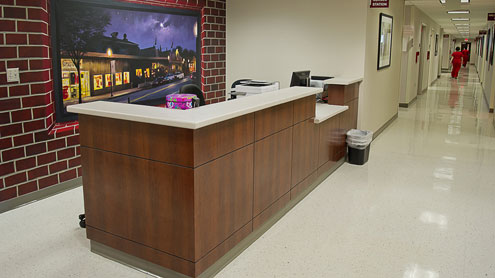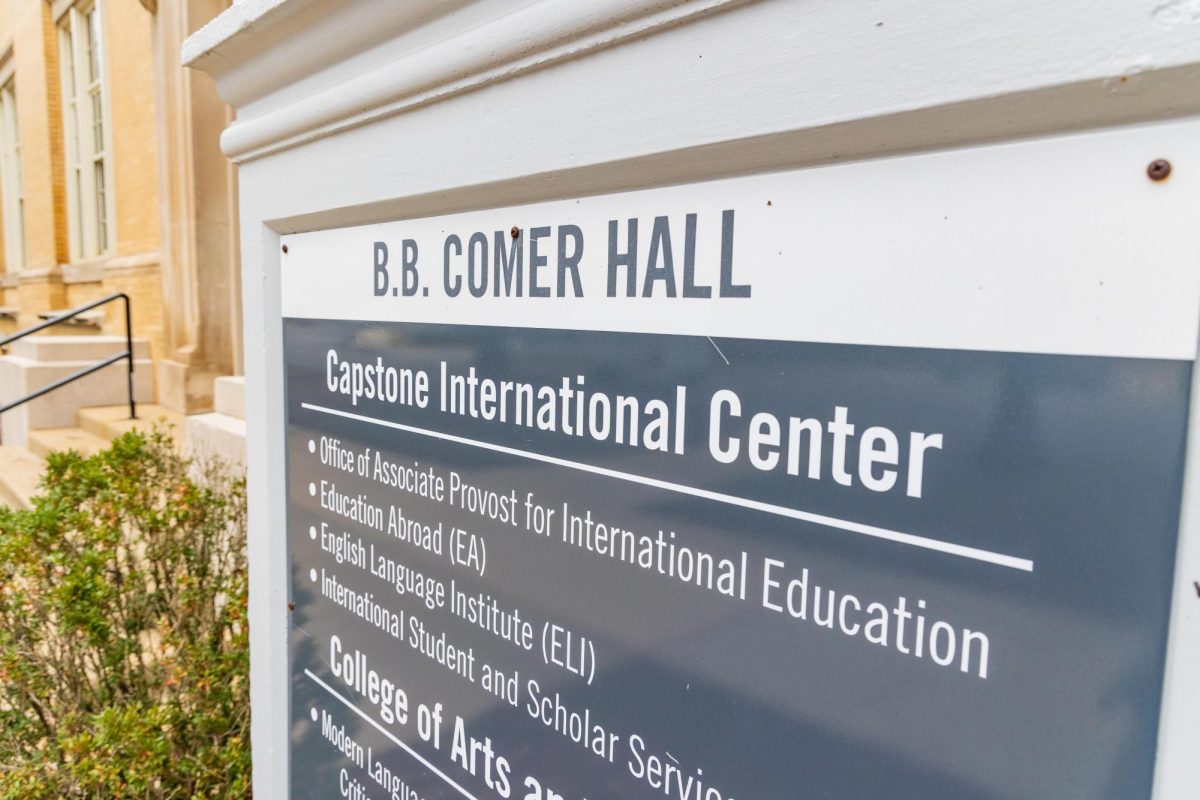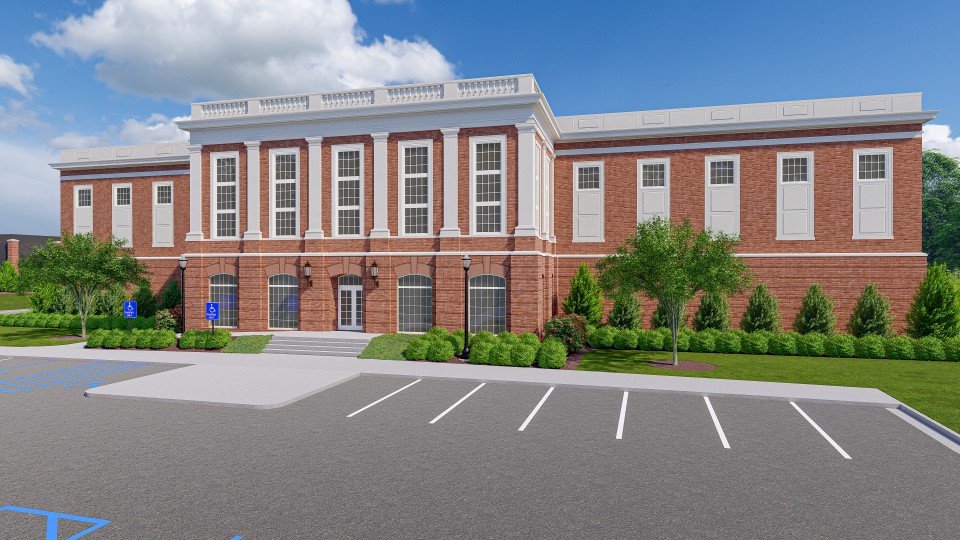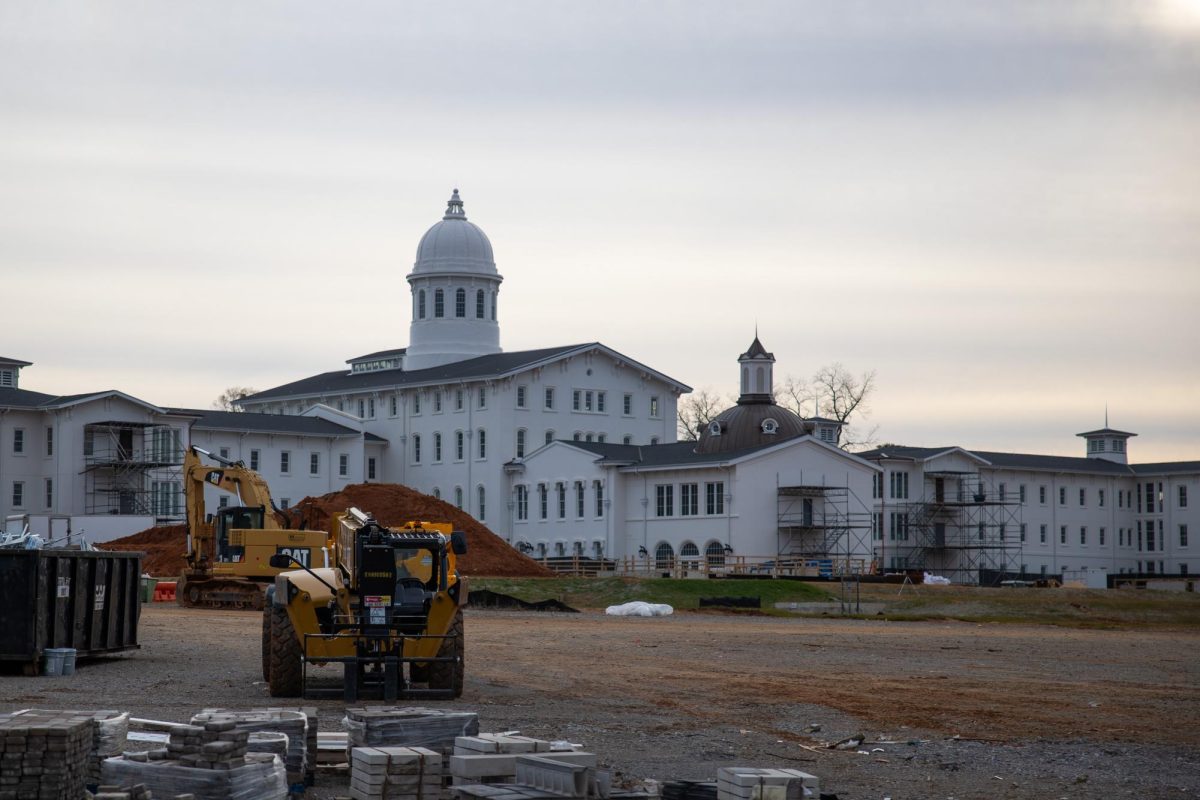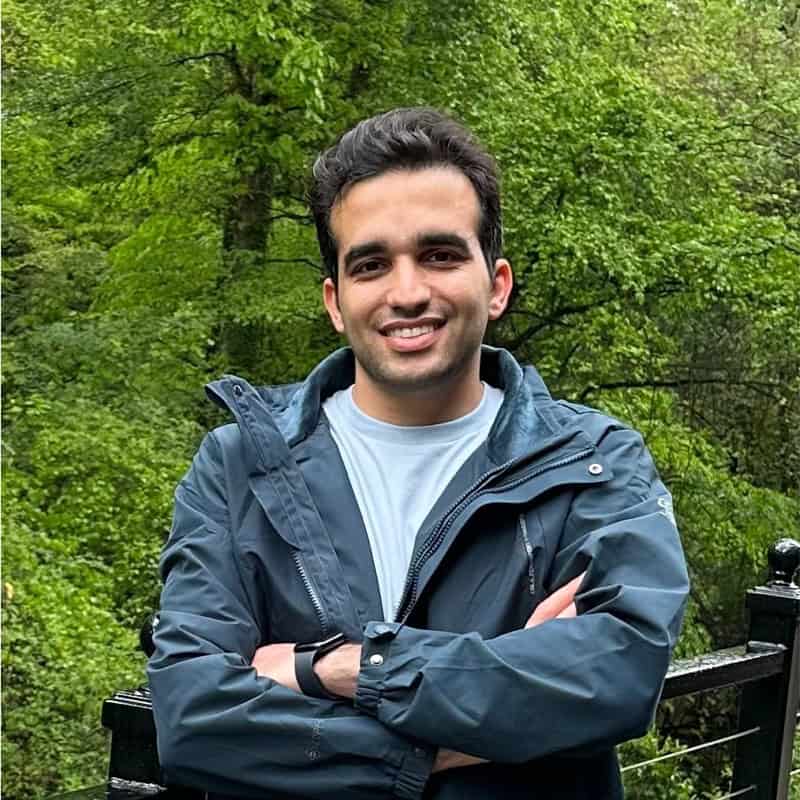The Student Health Center added six new examination rooms and a nurse’s station to expedite patient care in light of the student body’s rapid growth, said David Brown, nursing supervisor at the SHC.
“One of the first things we looked at was, ‘What can we do because the population of the campus is rising?’” he said of himself and his nursing colleagues. Their question has been answered in the form of a lengthened hallway, which stretches into a space that was once outside shrubbery and a sidewalk.
“This area was just nothing,” said Derek Cassels, a graduate assistant at the SHC, as he passed by the new nurse’s station at the end of the hallway.
The station contains necessary office equipment to help quicken patient care and assist physicians. The SHC does not have a partnership with the College of Nursing but does employ a small, selective group of nursing students who work as nurse technicians, Brown said in an emailed statement.
The renovations began in late spring 2011 and ended in early fall. The six new examination rooms contain the same medical instruments and capabilities as the other examination rooms in place prior to the renovations, Brown said.
Student traffic to the SHC has increased as the student body has rocketed past 31,000 since the Fall 2011 semester. More patients usually means more paperwork, but with the renovations came a database of computerized medical records to cut down on paper and save time.
“Instead of pulling up paper charts, we can have patients’ past histories,” Cassels said. “It’s just more efficient as far as having everything together.”
In addition to expanding the general population waiting room at the entrance, the SHC has added one doctor, going from two to three, to its nightly rounds. Working hours on weekdays have gone from 8 a.m. to 5 p.m. to 8 a.m. to 8 p.m. Mondays through Thursdays, Brown said.
“We’re getting out a little better,” he said before adding that the night shift can drag on for hours past the official closing time. “We’re here until we get to see all of the patients.”
Brown said the University has started discussing the advantages of constructing a satellite health center to facilitate patient care and ease the workload on the SHC’s staff.
“The satellite office was merely a suggestion to compensate for the increased student enrollment,” he said in an emailed statement. “An expansion of the previous building is more likely if the decision is made to enlarge due to insufficient capacity.”
“I foresee us doing more,” he said of the potential for future renovations. “We’ve been here in this building for only five to six years. We used to be at Russell Hall.”
The SHC also has a full pharmacy and medical lab. The latter is shared with the University Medical Center next door, which serves the West Alabama community.
“We share it with the University Medical Center because, otherwise, it would be like having two fire departments that cover the same area,” Brown said.



